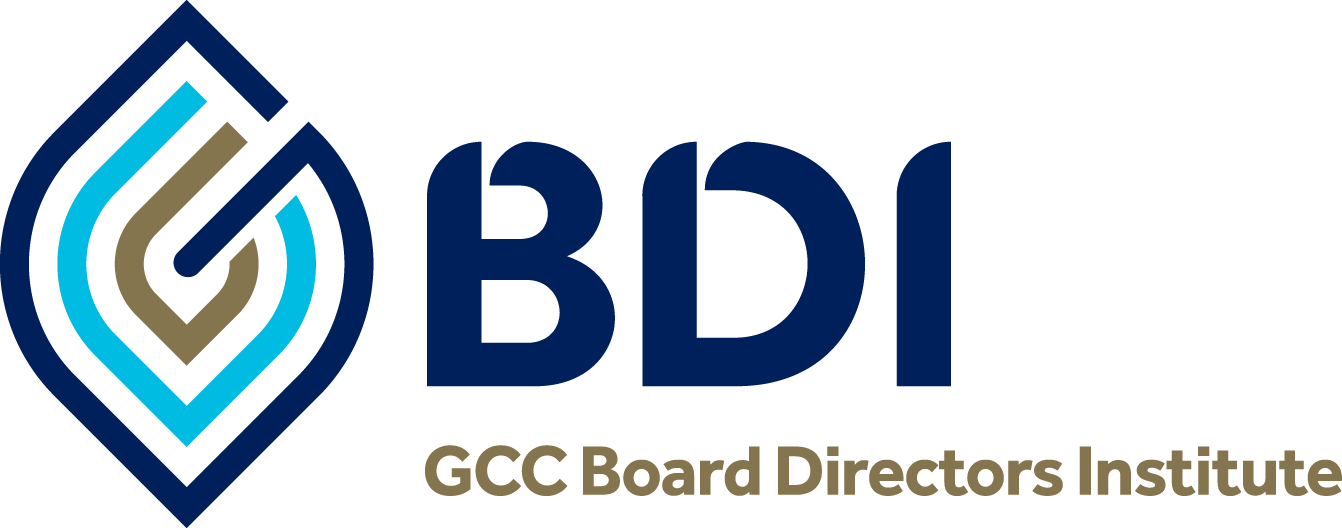GCC boardrooms making progress in gender diversity, private sector lags: GCC BDI exec
The United Arab Emirates has made great strides in gender inclusion and diversity in organizations’ boardrooms and is leading the way in the Gulf Corporation Council (GCC) region, the Executive Director of the GCC Board of Directors Institute told Al Arabiya English.
Without more regulation and encouragement in the private sector the progress will be slow, executive director at the GCC BDI Jane Valls said.
Good governance starts in the boardroom and having more women in the C suite will enable better diversity as boards tap into “often ignored talent” by doing so, she added.
Noting that having a more gender-diverse board is a starting point for greater growth Valls explained that it brings in “new voices, experiences, perspectives and approaches to the decision-making process and adds depth to the existing skills and competencies around the boardroom table and return on investment.”
The GCC BDI has made it a key part of its mission to raise awareness about the importance of board composition and gender diversity in the region by organizing special development programs for women directors to help them understand the role of a director, and to learn how to become more effective by maximizing their potential, she said.
While the UAE has made great strides in gender diversity in the boardroom, Valls believes that more can be done.
“The UAE is actually doing better than the rest of the region, even with just four percent of women on boards because the rest of the Gulf still averages at just two percent,” she said, adding that it would be great to see the rest of the GCC following the UAE’s example of regulating that there should be one woman on the board of all listed companies.
The UAE’s regulator Securities and Commodities Authority (SCA) has considered passing a law to ensure that all listed companies appoint at least one female director on their boards, Bloomberg reported. The five biggest companies listed on Dubai and Abu Dhabi’s stock exchanges had 84 board members, only three of which were women, Bloomberg found.
Valls, who has worked in the governance space for over 20 years and has often been the only woman in the boardroom, believes that in order to achieve better results in gender diversity, regulators should step in and enforce quotas on companies.
“Companies need to understand that a token woman in the boardroom will not work. All research shows that you need 30 percent of your board composition to be female to reap the benefits of genuine diversity and better outcomes for stakeholders and shareholders - this is called The Power of Three - one woman is a token, two is a presence and three is a voice,” Valls said. She added that organizations would do well to set targets for gender diversity not limited at the very top, but throughout the organization.
“In many countries, including the UAE, governments actually tend to lead the way in this respect because they seem to give women more opportunities,” said Valls.
“It’s not just in the UAE. We see this in most countries. Private sector organizations are where we need to do more to encourage diversity and inclusion in the workplace by providing women with different paths to the top because traditionally, organizations were built by men for men,” she said.
“I think that once we get more women at the top of the organization who are building policies and procedures that are more women-friendly, it will provide opportunities and ways to the top for other women.”
When asked about the social benefits of having more women on boards, she said that they were more risk-averse and had different leadership styles which are more empathetic, adding that they were “better able to resolve interpersonal conflicts and engage in more participative leadership styles” resulting in less conflict and higher-performing boards.
Al Arabiya English: https://english.alarabiya.net/News/gulf/2021/04/27/GCC-boardrooms-making-progress-in-gender-diversity-private-sector-lags-GCC-BDI-exec
